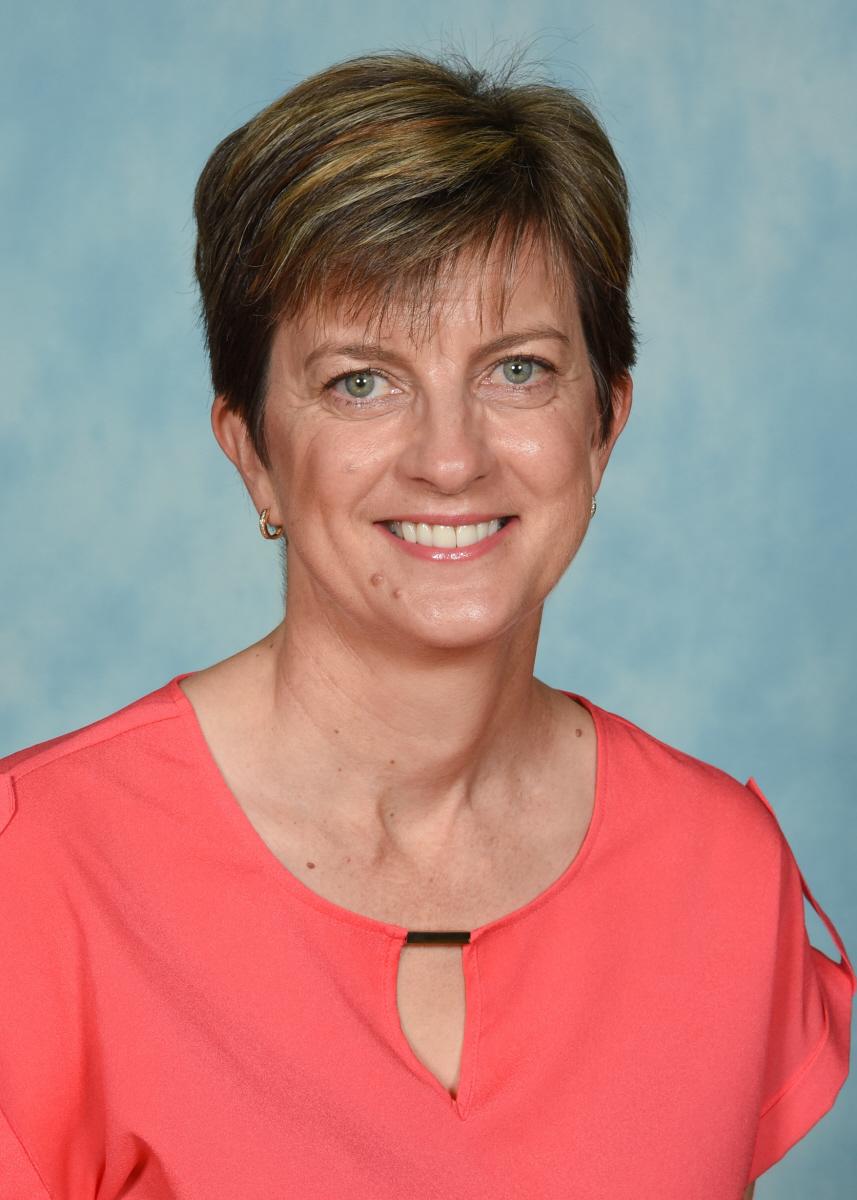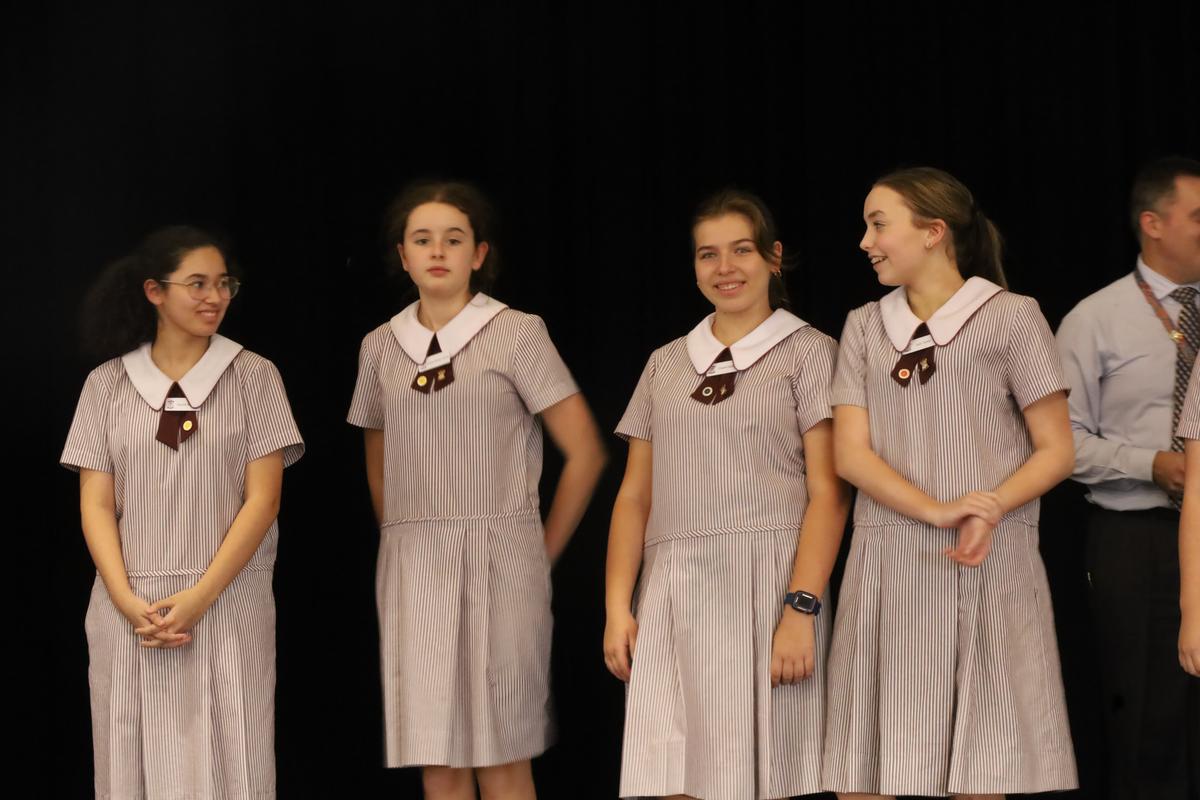Year 8 Pastoral Guardian
Jeni Barlow

Year 8 Pastoral Guardian
Jeni Barlow


Over recent weeks, by simply turning on the television or scrolling through social media, it is easy to feel burdened and despondent as we view the difficulties many are facing in our local, national and global communities. For our young adolescents, these experiences may be further heightened by their usual end of Term assessment regime and tiredness after a fragmented Term 1. In light of this, the question of how can we turn the feeling of surviving into thriving for all members of the family needs to be asked.
According to Gregory L. Jantz in Choosing Gratitude and Optimism, the ability to feel and express gratitude “is the antidote for toxic things that come into our lives. Simply put, gratitude fosters optimism, which strengthens hope” and one’s overall wellbeing.
During Home Room this week, students have had an opportunity to reflect upon and acknowledge for who or what they are grateful, using this two step-process:
When this simple process is undertaken, we consciously shift the focus from ourselves to something that is bigger than us, and we allow ourselves to enter a space of reassurance, empathy, hope and joy.
Robert Emmons, a renowned psychologist and expert on gratitude and its benefits, reveals that people who practise gratitude consistently experience improved physical, psychological and social/emotional outcomes (Why Gratitude Is Good | Greater Good (berkeley.edu). Overall, there is a very strong correlation between gratitude and stronger immune systems, better self-care, and sleep patterns. Furthermore, greater levels of optimism, motivation and energy, joy and reduced stress and sadness are evident in those who regularly express gratitude. It has also been found that grateful people are more generous, compassionate, are more socially connected to others and their world, leading to a greater sense of purpose and sense of value. Finally, Professor Lea Walters from the University of Melbourne adds further testimony for positive psychology education and embedding these skills into our daily lives, when she asserts that students’ academic outcomes can be increased by up to 11% (Happiness & Gratitude | Mount Alvernia College (schooltv.me).
Given we all want our young people to feel purposeful, productive, successful and connected to their world, it is important that we equip them with intentional appreciation and mindfulness skills and attitudes.
Saying ‘Thank-you’ and showing gratitude is life affirming for ourselves and others. Here are some great suggestions for cultivating gratitude:
* a gift you received that you truly appreciate.
* experiences for which you are thankful.
* someone who has touched your life
* positive daily experiences
* illustrations, poems, reflections, photos of nature’s beauty
So, when your child returns home at the end of the day, wanting to share their daily experience from a negative perspective, why not challenge them from a gratitude stance: ‘What was good about your day? Who made a difference to your life today? By promoting and modelling acceptance and gratitude practices, you are opening the doors for you and your child to experience the fullness of life.
As a final note, this week during Assembly we welcomed new Year 8 students to our community. I look forward to getting to know these students more throughout the course of the year.


As always, please contact me if needed (barlj@staff.mta.qld.edu.au).